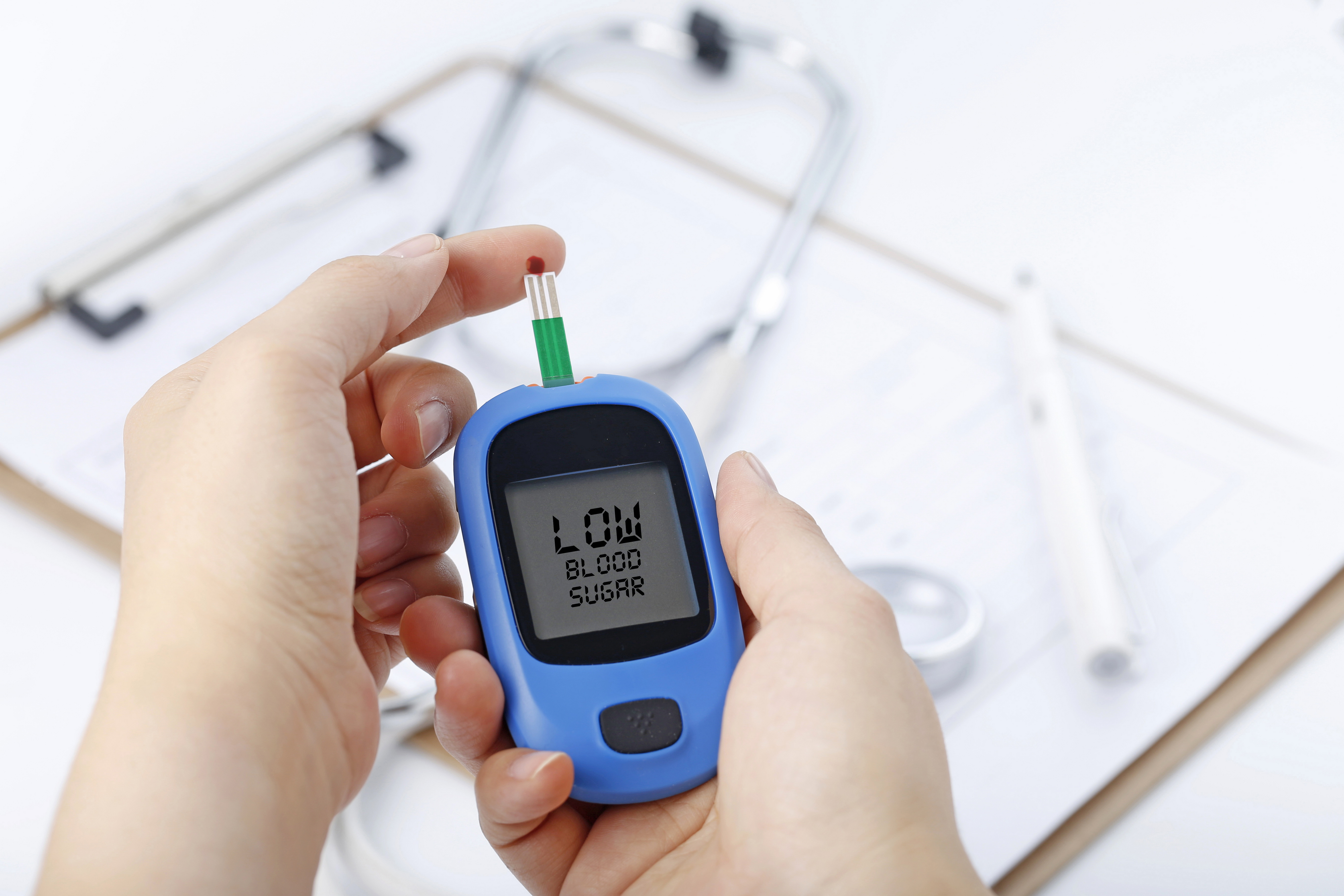When we think of diabetes, we frequently think of blood sugar levels and insulin. While these are important parts of diabetes management, there is another important link that sometimes goes overlooked – the link between diabetes and heart health. Understanding […]
Diabetes dan Kesihatan Jantung: Apa Kaitan Antara Mereka?
Apabila kita bercakap tentang diabetes, kita sering fokus kepada tahap gula dalam darah dan insulin. Walaupun ini adalah aspek yang penting dalam mengawal diabetes, terdapat satu lagi aspek yang sering dilupakan – iaitu hubungan antara diabetes dan kesihatan jantung. Di […]
Managing Diabetes with Malaysian Cuisine
Malaysia’s broad culinary tradition is known for its bright flavors and varied meals. The tantalizing diversity of flavors, however, can be a challenge for people with diabetes. But don’t worry; it is feasible to enjoy the delectable flavors of Malaysian […]
Tips untuk Anda Mengawal Diabetes dalam Masakan Malaysia
Warisan kulinari Malaysia yang kaya dengan pelbagai hidangan yang kaya rasa terkenal di seluruh dunia. Bagi individu yang ingin mengawal diabetes, pelbagai sajian yang menggugat selera boleh menjadi satu cabaran. Tetapi jangan bimbang; anda masih boleh menikmati rasa lazat masakan […]
Diabetes and Fasting: Tips on Hari Raya Puasa
As Hari Raya Puasa approaches, diabetes patients may be concerned about maintaining their health while enjoying the festivities. However, with some planning and preparation, you can still enjoy the holiday without jeopardizing your health. Food is one of the most […]
Why Is Blood Glucose Monitoring Important during Ramadan?
Ramadan is a significant religious period for Muslims worldwide, and it entails fasting from dawn to dusk. While fasting is an integral part of Ramadan, it can pose serious health risks to people with certain medical conditions, particularly those with […]
Manage Your Diabetes During Ramadhan: Benefits and Tips
During Ramadan, the Islamic calendar’s ninth month, Muslims fast from dawn to sunset. While fasting has many spiritual and physical benefits, it can be difficult for people with diabetes. People with diabetes, on the other hand, can safely fast during […]
Ramadan Diabetes Nutrition: Top Tips & Simplified Plate Method
Fasting during Ramadan can be difficult for diabetics, especially when deciding what foods to eat at Sahor and Iftar. To effectively manage your diabetes during Ramadan, choose healthy and nutritious foods that will keep you full and energized throughout the […]
Is The Blood Sugar Control Programme Fake?
Blood sugar control programmes have been blooming for the past few years. They offer many promises, prominent among them is that they can reduce and cure their diabetes, but how can this be true? Can diabetes be controlled by changing […]
3 Common Warning signs on the skin in Diabetes
For diabetics, it is important for you to be alert with all of the warning signs if your conditions are prolonged. Many untreated diabetics do not monitor their blood sugar level until the condition has worsened. Blood sugar level cannot […]
- 1
- 2








